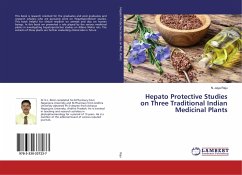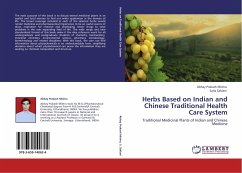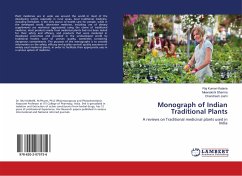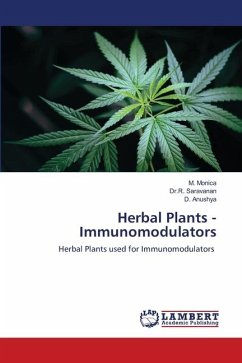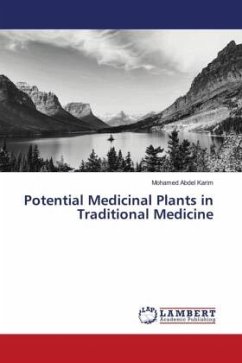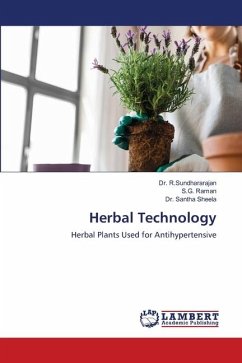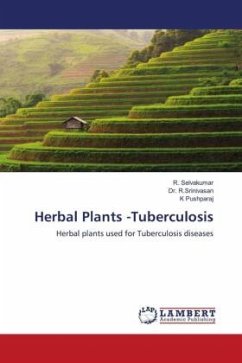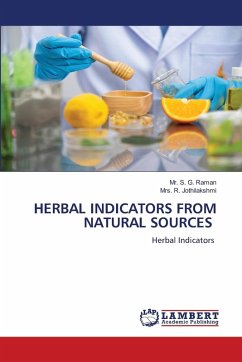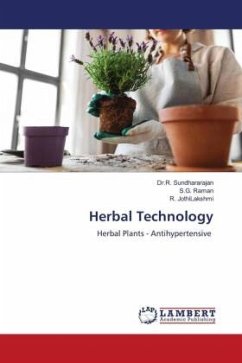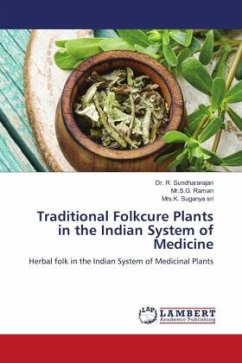
Traditional Folkcure Plants in the Indian System of Medicine
Herbal folk in the Indian System of Medicinal Plants
Versandkostenfrei!
Versandfertig in 6-10 Tagen
29,99 €
inkl. MwSt.

PAYBACK Punkte
15 °P sammeln!
The Indian system of medicine, particularly Ayurveda, has a rich tradition of utilizing medicinal plants for healing and wellness. Traditional folk cures often draw from local flora, integrating plants into daily practices for both preventive and therapeutic purposes. Here are some key plants commonly used in folk medicine across India: Tulsi (Holy Basil): Revered as a sacred plant, Tulsi is known for its anti-inflammatory and antioxidant properties. It is often used in teas and decoctions to relieve respiratory ailments, reduce stress, and enhance immunity. Neem (Azadirachta indica): Known fo...
The Indian system of medicine, particularly Ayurveda, has a rich tradition of utilizing medicinal plants for healing and wellness. Traditional folk cures often draw from local flora, integrating plants into daily practices for both preventive and therapeutic purposes. Here are some key plants commonly used in folk medicine across India: Tulsi (Holy Basil): Revered as a sacred plant, Tulsi is known for its anti-inflammatory and antioxidant properties. It is often used in teas and decoctions to relieve respiratory ailments, reduce stress, and enhance immunity. Neem (Azadirachta indica): Known for its purifying properties, Neem is used to treat skin conditions, infections, and as a natural insect repellent. Its leaves, bark, and oil are commonly applied in various formulations to support detoxification and enhance overall health. Amla (Phyllanthus emblica): Amla is rich in vitamin C and antioxidants. It is traditionally used to boost immunity, improve digestion, and enhance skin health. Amla juice or powder is often consumed for its rejuvenating properties. Turmeric (Curcuma longa): Widely known for its anti-inflammatory and antimicrobial effects.





